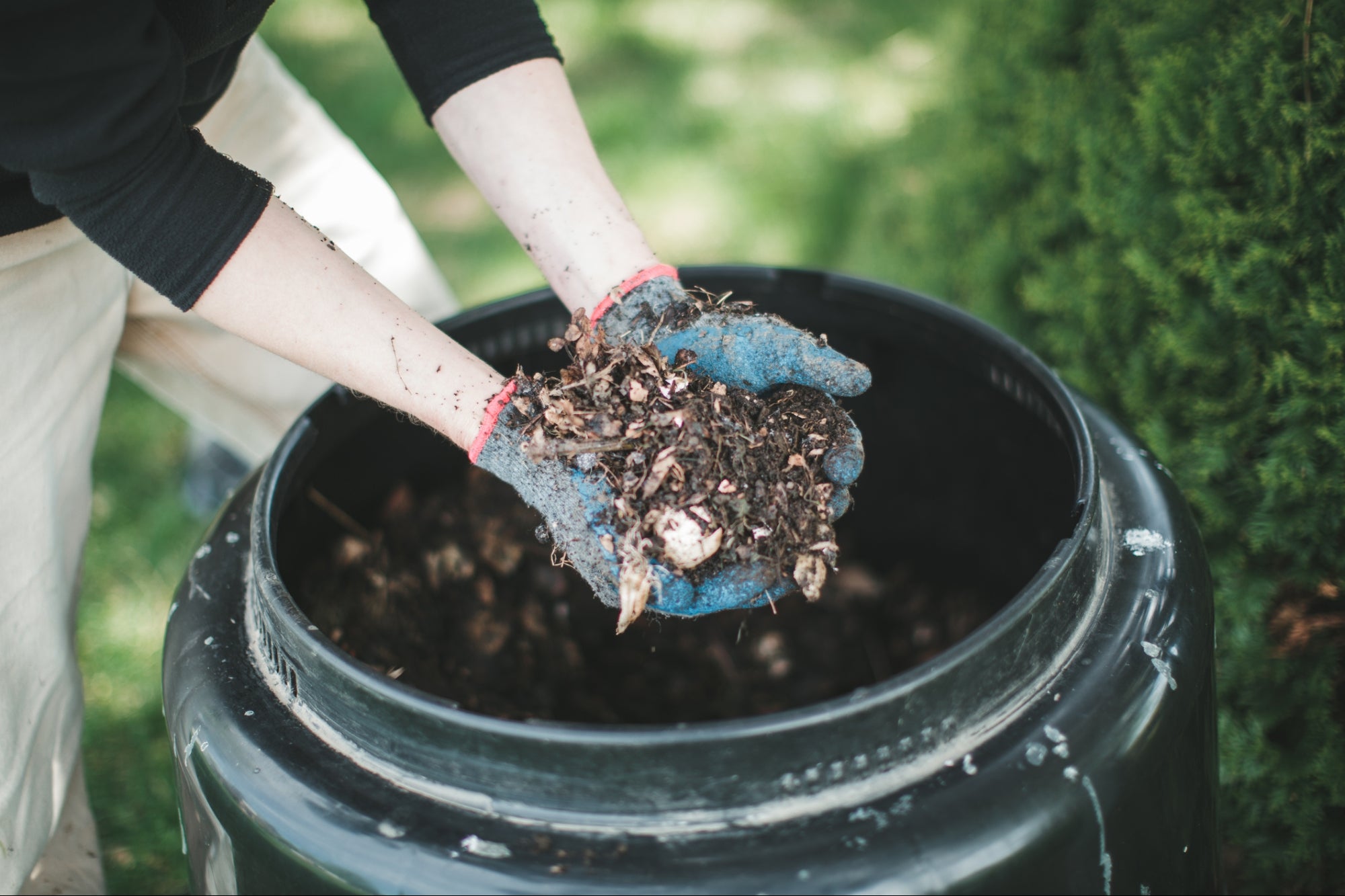Americans Are Struggling to Save A new survey found that two thirds of Americans have made 'fair' or 'no' progress in meeting their savings needs.
By Sharon Epperson •

This story originally appeared on CNBC
Stagnant wages, and prolonged unemployment and underemployment have meant that many Americans continue to struggle to save. Finding it difficult to build wealth through homeownership has also impeded many individuals and families from making progress in meeting their savings needs, according to a national survey released Monday.
The survey found that only about one-third of Americans say they're making "good" or "excellent" savings progress, while nearly two-thirds are making only "fair" or "no" progress.
The survey found the issue for many Americans, regardless of income level, is the ability to spend less than they make and save the difference.
"Only about one-third of Americans are living within their means and think they are prepared for the long-term financial future," said Stephen Brobeck, executive director of the Consumer Federation of America, which commissioned the survey along with the American Savings Education Council (ASEC) and the Employee Benefit Research Institute (EBRI).
"One-third are living within their means but are often not prepared for this long-term future," he added. "And one-third are struggling to live within their means."
The survey of more than 1,000 adults was released the first day of America Saves Week, an annual initiative of local, state and national organizations (including many colleges, universities and nonprofit organizations) to promote savings and help people assess their savings status.
Most Americans don't even have a plan of where to start.
Only half of American households have a savings plan with specific goals, and only four out of 10 have a budget that allows for sufficient savings, according to the survey.
But those who have calculated how much they need to save are far more likely to reach their savings goal, according to EBRI president and CEO Dallas Salisbury. Setting up automatic savings for emergencies, college and retirement either through a bank or an employer can help individuals reach their goals, he said.
Lower-income Americans--those with annual household incomes of $25,000 to $50,000--report having the most difficulty saving, including spending less than their income and saving enough for retirement, according to the survey.
And fewer than two-thirds of people in that group have a sufficient emergency fund, compared with over 80 percent of those who make $50,000 to $100,000. Yet that means nearly 20 percent of higher middle earners don't have enough saved for emergencies, either.
The problem is that one-fifth of higher-income adults fail to spend less than their income and save the difference. While that's less than the 30 percent of lower-income Americans living beyond their means, it is still a significant percentage of people who are better off than most.
Another disturbing statistic comes from the National Foundation for Credit Counseling's Financial Literacy Survey which revealed that 31 percent of consumers have zero non-retirement savings.
"How did you pay for your last emergency? If it was with a credit card, that's a red flag," said Gail Cunningham of the NFCC, an America Saves partner organization. "Americans with no money socked away for the inevitable rainy day are on a slippery slope. When money is tight, it's difficult to think about saving. However, that is when an unplanned expense can be most devastating financially."
Higher-income households often find it just as difficult as those with lower income to earmark money for saving.
"The more people make, the more they spend," Cunningham said. "What we suggest is when you get a raise or bonus pretend it never happened. If you were living just fine before you got it, bank that extra money."
To find out more about America Saves Week and to assess your own savings, go to www.americasavesweek.org.











